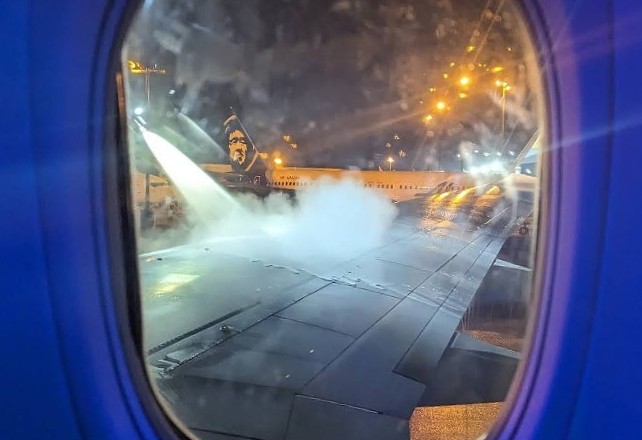
I know how to keep my hot-house of a triplex unit cool. It’s a complex orchestration of fans, shades, and daily timing to keep my home livable in the summer. I'm certain many in Seattle do much the same thing. But, this last week has been different. The grace of opening all the windows and doors to let the evening cool sweep out the heat of the day is now frustrated by the haze. And so, my doors and windows have remained closed at night, baking the house for days on end. This may seem trivial—but with a small kid and two cats and no way to both cool the house and have a respite from the eye-burning and nausea, it now feels like a significant disruption to the livability of my home. I can deal with the heat or the haze in isolation—but the combination of the two has, twice in the last week, caused me to flee my home for the relief of other family homes with air conditioning.
As I wrote last week, extreme weather events demonstrate what we all have to lose. Even for someone swimming in this stuff, this last week has taught me, an Earth scientist, some things about climate impacts. Climate disruptions, to our homes and lives, emerge through a cascade of multiplying factors (temperature, smoke, health, mobility), rather than one weather event alone. And wealth can isolate you from these impacts substantially. Imagine, for example, that instead of a triplex, I lived in my car with my kid through this weather event.
Cars are dangerous places in heat waves: After an hour in direct sunlight, the interior of a car can heat up on average of 40°F. Likely, the car would be parked in an urban place, on top of impervious surfaces like asphalt, and in such places the urban heat island effect can add up to about 7.4°F of warming—amplifying an already extreme event. Now, imagine my kid has asthma aggravated by haze. All combined, this scenario is obviously impossible for any mother. Now, imagine it in 2050.
Extreme weather events can compound the crises of poverty—and we have to look directly at this when we talk about climate change. For the estimated 1,600 people currently living in their cars in King County, their mobile homes are even more problematic and dangerous during a heat wave. Seattle summers in 2050 are projected to be 5.1-6.8°F warmer (than the average summer temperature between 1970-1999), and heatwaves are predicted to be, on average, 6.5°F warmer. For those of us with multiple generations of middle-class family wealth—and places of privilege to escape to—2050 sounds truly uncomfortable but not devastating. Not so for many others.
Again, this is why climate change is not really about weather—it is about public health, the safety of infrastructure and communities, and the livability of our city. This is also why scientists get so mad at climate denialism—because it risks the lives of those that are the most vulnerable already. Sure, deny the data. Deny the models results. Deny the future projections. But how can you deny the irrevocable connection between human suffering and climate change? And how could you ever make the argument that a rise in temperature might bring “some benefits” for low-income people? Human suffering is not a zero-sum game, and only those blindly buffered by their own privilege could make this argument with a straight face and a cool calculation.














